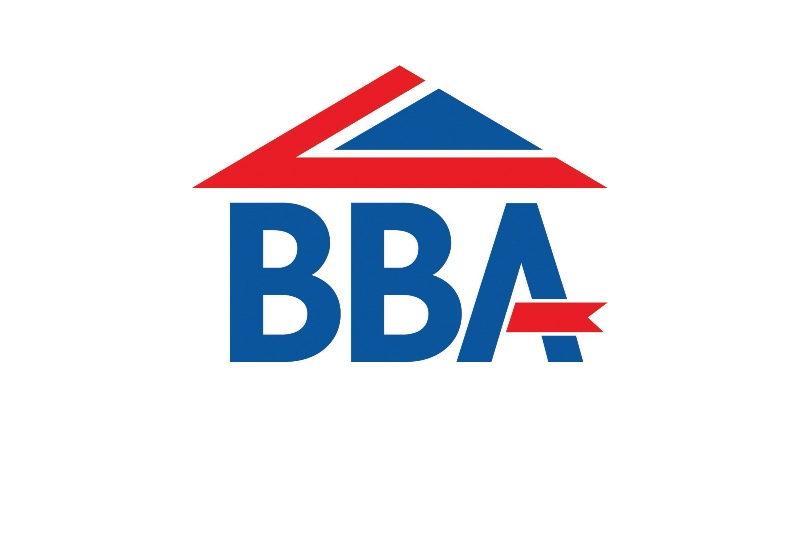Holcim UK’s call for mandatory EPDs: implications for project teams and specifiers
Reviewed by Tom Sullivan

First reported on The Construction Index
30 Second Briefing
Holcim UK’s readymix concrete division managing director Alastair Meyers is calling for environmental product declarations (EPDs) to be made a legal requirement on all UK construction projects, arguing they are essential to meeting national net zero targets and eliminating greenwashing. EPDs, which can report up to 37 indicators including carbon footprint, energy use and waste, are already widely used in Europe but remain voluntary in the UK. Meyers says mandatory EPDs would enable like-for-like material comparisons, standardise assessment frameworks, and notes Holcim can already generate digital, on‑demand EPDs across its UK operations.
Technical Brief
- Meyers stresses EPDs should be explicitly embedded in UK construction regulations and primary legislation, not guidance.
- Live EPD data are framed as necessary to avoid design decisions based on assumptions or generic benchmarks.
- Contractors are expected to use EPD datasets for like-for-like comparisons between competing material specifications.
- Architects and specifiers are targeted as key users, employing EPD outputs to refine low‑carbon material selection.
- For developers, EPD-backed specifications are positioned as evidence that schemes align with corporate sustainability agendas.
Our Take
Holcim UK’s call for mandatory cement EPDs comes as it expands its UK footprint via quarry and readymix acquisitions such as PJ Thory, meaning any future EPD requirement would increasingly apply across its vertically integrated aggregates-to-concrete chain.
With EPDs allowing up to 37 indicators, mandatory disclosure in the UK and Europe would likely expose performance gaps between cement and concrete producers, putting pressure on operators with older, higher-emission plants in Holcim’s competitive set, including Heidelberg Materials and Hanson.
Cement appears in only a handful of keyword-matched Policy pieces in our database, so a major producer like Holcim publicly backing mandatory EPDs signals that large incumbents now see regulated transparency as a competitive tool rather than just a compliance cost.
Prepared by collating external sources, AI-assisted tools, and Geomechanics.io’s proprietary mining database, then reviewed for technical accuracy & edited by our geotechnical team.
Related Articles
Related Industries & Products
Construction
Quality control software for construction companies with material testing, batch tracking, and compliance management.
Mining
Geotechnical software solutions for mining operations including CMRR analysis, hydrogeological testing, and data management.
QCDB-io
Comprehensive quality control database for manufacturing, tunnelling, and civil construction with UCS testing, PSD analysis, and grout mix design management.


